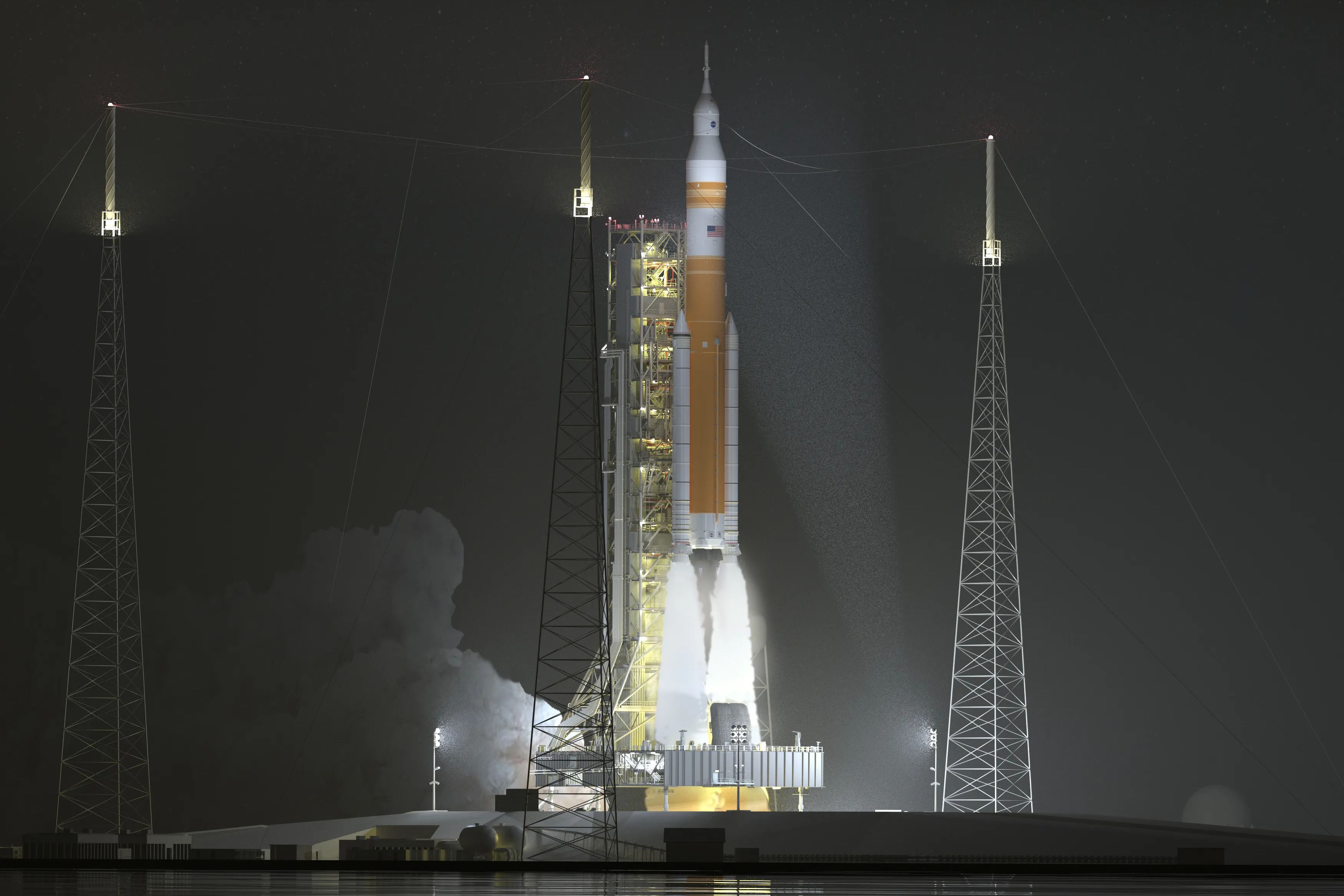Summary Boeing's inadequate quality control at the Michoud Assembly Facility leads to SLS Block 1B delays & increased spacecraft risk. Examples cited include foreign object debris & welding issues in SLS fuel tanks. Exploration Upper Stage development costs have tripled, casting doubt on meeting Artemis IV mission deadline.
NASA has released a report on the development of its Space Launch System (SLS) Block 1B launch vehicle. The report details some concerning findings about Boeing's quality control management at its Michoud Assembly Facility in New Orleans. Boeing quality control lapses on SLS Block 1B As detailed in NASA’s Management of Space Launch System Block 1B Development final report, the space agency pointed to Boeing’s "inadequate quality management system" as one of the driving forces behind project delays.

Boeing is the primary contractor on the SLS Block 1B project, a part of NASA's Artemis program, which aims to land humans on the Moon and eventually send crewed spacecraft to Mars. As stated in the report, "We found that Boeing’s quality management system at Michoud does not effectively adhere to industry standards or NASA requirements, resulting in production delays to the SLS core and upper stages and increased risk to the integrated spacecraft." These quality control issues were attributed largely to " a lack of a sufficient number of trained and experienced aerospace workers at Boeing.
" Boeing was issued a total of 71 Level I and Level II Corrective Action Requests (CARs), 24 of which were more serious Level II requests, which is considered very high at this stage in development. Examples were given of quality control issues, including: Foreign object debris inside the SLS Core Stage 2 liquid hydrogen fuel tank Welding issues with the SLS Core Stage 3 liquid oxygen fuel tank dome Presenting damaged seals to NASA for inspection Changes to certified work order data without proper documentation Using outdated versions of work orders The report added that Boeing has generally been "non-responsive in taking corrective actions" on repeated quality control issues. Delays and budget Along with core stage development, Boeing is developing the Exploration Upper Stage (EUS), a rocket stage set to replace the Interim Cryogenic Propulsion Stage used for SLS Block 1.
Boeing's contract costs for the EUS have shot up from $962 million to over $2 billion through 2025, and it looks increasingly unlikely to meet a scheduled 2028 deadline for the Artemis IV mission. The overall Block 1B development cost is now estimated at $5.7 billion, of which half are EUS costs.
Having initially been slated for a 2021 completion, is running seven years late - it was originally intended for the Artemis II mission but moved to Artemis IV, and may even precipitate a delayed launch of the latter mission. The SLS Block 1B will be able to carry up to 37 metric tons, around a 40% increase on the current SLS Block 1. More Boeing woes The company has been beset with a seemingly never-ending catalog of controversies in both its commercial and space divisions, including the Alaska Airlines plug door blowout incident, whistleblower claims, and the ongoing Starliner debacle.
If they return on Crew Dragon it wouldn't be until February 2025. With regards to the latter, Starliner's thruster problems have essentially stranded two NASA astronauts on the International Space Station (ISS) - their eight-day stay has now exceeded two months, and they are likely to remain on the ISS until February 2025 before hitching a ride home on rival SpaceX's Crew Dragon..



















